Two key influences on the philanthropy of Hans Schöpflin, co-founder of the Schöpflin Foundation, have been his experience of living in the US and, more importantly, the death of his son from a heroin overdose. The first led him to reject what he sees as the broken American political system, the second has given a philosophical and practical dimension to his work. He and Tim Göbel, the foundation’s executive director, talk to Charles Keidan about Schöpflin’s commitment to democracy promotion, drug prevention and what they see as the responsibility of Germany’s foundation sector to stand up for migrants and refugees and challenge far-right political movements.
Democracy calling
Hans, as a young man, you went off to the US. How did your experiences there form your philanthropy?
My family owned the Schöpflin mail order business and I expected that eventually I would take over and run it, but the business failed before that so I had to reinvent myself and decided to go to the US. When I came back to Germany I joined an organisation that wanted to invest in the US and identified me as someone knowledgeable about the country. I became a member of a founding team for a company that later turned into Costco. From there, I went into venture capital. It worked out well so I got into a situation where I had enough to do something with. Sol Price, the sort of father-figure of the company, led me to philanthropy. I still remember when I wrote my first cheque for 10,000 bucks, I felt like I’d given a million away.
But then, you lost your son. How did that shape your philanthropy?
There was a lot of finger pointing, which put me in a position where I had to look into the mirror and ask myself, ‘Is there a responsibility?’. I accepted that there was and found my way to Buddhism and the realisation that there’s a lot more in this world than making money. That allowed me then to go for my first big project which had to do with water. I learned everything about organising and about what is a common good versus a commodity, and that was really down my alley, because I understand business and how it works. I facilitated the creation of a big coalition which involved everyone from environmentalists to lawyers, geologists economists and so on. This was a new way of dealing with a problem, even for the NGOs involved.
We are very careful with whom we do business but it’s not slow money investing, where you’re happy if you generate two, three or four per cent. We are working an extremely broad portfolio.
That’s when I founded Panta Rhea Foundation, in the late 1990s in California. In the process of dealing with the loss of our son, I suggested to my brother and sister that we put the property where we grew up in Germany into a foundation, the Schöpflin Foundation. Since my son had died of a heroin overdose, our first impulse was to work with drug addicts. But I urged us to attack the cause, not the effect, which is what led to the Centre for Prevention. It doesn’t deal with kids when they have fallen into dependence, but starts earlier.
And that programme continues?
Yes, we have 12 people in the centre. We started with just our own funds and experimented, but were lucky to hit on the right entry point and now we have a thriving organisation that is 70-plus per cent financed by public funds. The centre is now its own entity, which is a wonderful example of how you can really do something when you provide start-up capital. This is basically my story – what I learned as a venture capitalist, I am translating into the not-for-profit sector.
What prompted you to move back to Germany from the US?
The decision was a political one. I found it unbearable to live in the US. The country had treated me very well, but I have seen the decline of an empire, to the point where I said ‘this ain’t working’. When everything is so polarised and it doesn’t matter what you say, whether it’s the Republicans or the Democrats, it’s blocked by the other one. The Panta Rhea Foundation still continues, and I have our family office still there but the triggering point was that I felt I didn’t want to live in a country that is really totally stalled. I saw that here in Germany politics still works, you can have coalition governments, parties still talk to one another, this is the foundation of a democracy. There has to be the possibility to agree to disagree. I thought I could leverage the experience I have of the foundation sector in the US and I am a bit more progressive than the basically conservative German foundation sector.
The other big aspect of your programme’s work, in addition to drug prevention, is democracy promotion. How have the views you formed in the US made you act differently as a foundation?
Tim: I would say that democracy is the underlying issue of what we do in our five programme areas. First, non-profit journalism – media is an essential part of democracy. Second, refugees and integration. We have seen in the last few years that integration really stretches the strengths of democracy. We deal with schools, and schools are the first democratic socialising institutions we have. And we also deal with what we call ‘economy and democracy’ where we support civil society lobby organisations to rebalance economic or business lobbying and democratic lobbying.
Then we have something called ‘Schöpflin Biotop’ – ‘biotop’ is wetlands, it’s not oceans, it’s where life happens, the gap between firm ground and open water. It’s a metaphor – we don’t support nature projects. It’s more like an incubator. As a foundation, you see something or you meet a person who doesn’t fit into the categories you have, but you still see that’s a great project or a great NGO, with a complementary way of thinking, so we say ‘why shouldn’t we support that?’ and the biotop strand offers us the possibility of doing that.
How big is the foundation?
Hans: We have five people for grantmaking, but altogether, because we are also an operating organisation, we have about 40. Our budget is eight million euros in Germany, and in the US it’s about another seven or eight million dollars. We have no endowment – our funding is out of my business.
How do you decide how much of your wealth to give to philanthropy?
Basically, you want to be meaningful, so you give an amount you think that is significant and then from there it’s an organic thing. We have been increasing the funding over the years and if everything goes well, I hope I can continue to increase it.
One aspect of grantmaking is always to cooperate with other foundations, so you learn a lot from that. It’s a learning process. You’re not starting out. I really believe in organic growth.
How do you balance your investments with how you make your grants? Do you see a need for alignment of values between the two, or is it a case of maximising money to put into your philanthropy?
That’s a fair question and I cannot say that I’m fulfilling all the criteria of social impact investing, but that doesn’t mean that we are irresponsible. We are very careful with whom we do business but it’s not slow money investing, where you’re happy if you generate two, three or four per cent. We are working an extremely broad portfolio.
How much time do you spend on philanthropy compared with managing your business?
I would say I now spend the majority of my time on philanthropy, but that doesn’t mean I’m not involved on the business side. I’m still involved in the major buying and selling decisions but I have a very good team that I trust. They make recommendations and we talk about it.
Tim, how did you come to be involved in the foundation?
The German foundation was growing and Hans felt that for its development, someone was needed. After almost four years working together, we really try to manage the foundation as a team and also try to manage it so it would run in Hans’ absence. If he says, for example, ‘I want to be able to go on a trip for half a year,’ the foundation still needs to work, but on the other hand, it gives him the freedom to be as much in touch as he likes. I would say within those 40 people, we have created a culture that works well.
You work for a foundation with sizeable resources. How do you distribute them equitably? I notice that you have a code of conduct about how you treat your grantees, which suggests you’ve clearly thought through your grantmaking approach. Where did that come from?
I would say the code of conduct comes from long conversations, with Hans, within the team, with observations of how other foundations do it. Now we have a strong methodology which makes it easier to navigate how you distribute funds.
Another example is the issue of right-wing movements. That’s an issue that’s not comfortable for foundations. There’s no nice pictures or stories behind it.
You’ve said you looked at the way other foundations work, particularly in Germany. Did you draw inspiration from the US, too?
Hans: Obviously we have a lot of experience there, particularly grantmaking experience, because we’ve been active since the late 1990s. One aspect of grantmaking is always to cooperate with other foundations, so you learn a lot from that. It’s a learning process. You’re not starting out. I really believe in organic growth.
Are you finding some natural partners in the German foundation sector, or is it a source of frustration that the scene is more conservative than you might hope?
It is quite conservative. German foundations are rather risk-averse and careful about taking a stand because it implies politics. However, things are developing.
What issues would you like to see German foundations taking a stand on?
A lot of wealth in Germany was destroyed by the world wars, so really you are looking now at a post-Second World War generation of entrepreneurs, who are very proud of the way they built their businesses, but very conservative and very attached to their money. In the US, a lot of the old money has landed in the hands of professionals in progressive foundations, who are liberal. Also, scale is lacking here.
My plea is that when you take, you should also give. It doesn’t matter how much it is – it might be 1 per cent or 5 per cent or 10 per cent or whatever it is
Tim: Refugees would be a good issue to take a stand on. Lots of foundations pulled their money out of refugee issues after 2015/16. We very deliberately stayed in, because the whole issue is now getting really interesting. How do we integrate 1.5 million people? That’s the question for the next ten years.
Another example is the issue of right-wing movements. That’s an issue that’s not comfortable for foundations. There’s no nice pictures or stories behind it. I would say German foundations really have to go into that.
Hans: The TTIP (Transatlantic Trade and Investment Partnership)[1] is also a good example. It was a free-trade agreement and, for most people, that was where it started and where it ended. For the people who are entrepreneurs, or who have foundations, or are planning a foundation, it looked like a good idea. But when you looked deeper, it was basically an assault on democracy, through the arbitration process and tribunals involved, and that’s when I said ‘wake up’. You have to really go for what is behind it and not just say ‘TTIP is good business’.
Are you hopeful that the arrival of the Open Society Foundations in Berlin will enliven the foundation sector and give you some comradeship?
We are cooperating with them already in the UK.
Tim: The Open Society in Berlin is one step, but I also think there will be new foundations or philanthropic activities founded by the very new tech money people in Berlin. We don’t know what form that will take, but it will come in the next five years.
Hans: Going back to the issue of philanthropy, generally, there’s a simple way of looking at it for me. You’re successful, there’s a fork in the way, and you can follow either. You can indulge in consumerism and leisure, for instance. But I feel if you have been successful, your success is the success of many who made it possible, so there is a responsibility. How much is enough? That’s a question everyone has to answer for themselves. But how much can you really consume and indulge? So my plea is that when you take, you should also give. It doesn’t matter how much it is – it might be 1 per cent or 5 per cent or 10 per cent or whatever it is – in the Giving Pledge, they say ‘let’s make our billionaires give during a lifetime or at your death, 50 per cent of your wealth’. What is it when you have a billion? You give 50 per cent away, that’s meaningful for your heirs or whatever.
It’s meaningful but some people say that’s still half a billion left for private consumption or inheritance.
Yes, that’s plenty.
Well some people would say it doesn’t go far enough and others argue that it’s not really for individuals to decide how much is enough but for the state through taxation to do it. What’s your view on that?
That’s really a very difficult question. I don’t know but generally speaking, I really have a problem with inheritance. You should take care of your family and so on, but should the rest be taxed away? There’s a good argument to say that the state is not necessarily the best agent to spend that money. On the other hand, you have the abuse of power. Now it’s basically one person who decides where that money should go based on their own inclination.
Charles Keidan
Editor, Alliance
@charleskeidan
@alliancemag
Footnotes
- ^ Negotiations over TTIP, a proposed trade agreement between the EU and the US, began in 2013 and came to an inconclusive end in 2016. The idea has subsequently been abandoned.
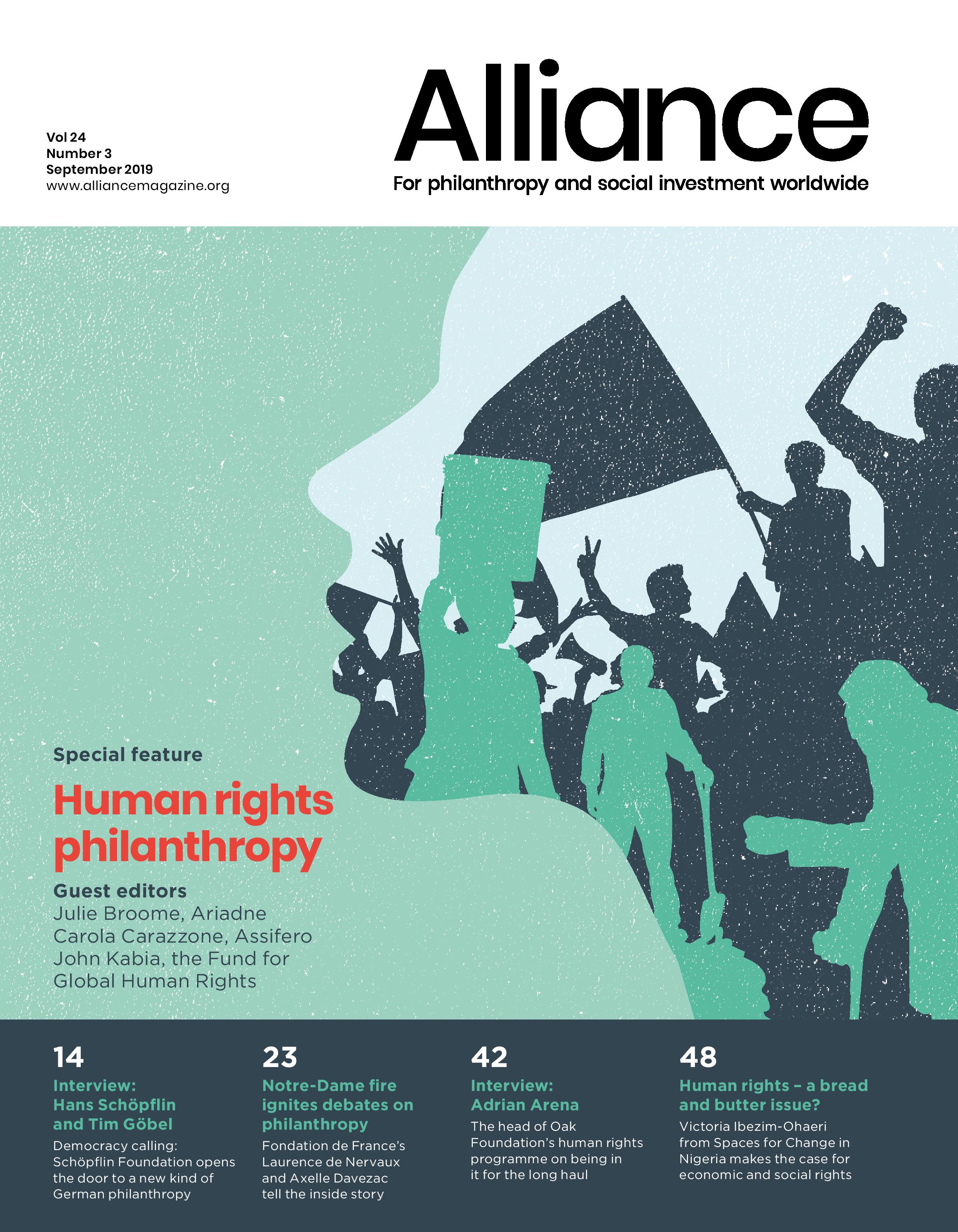
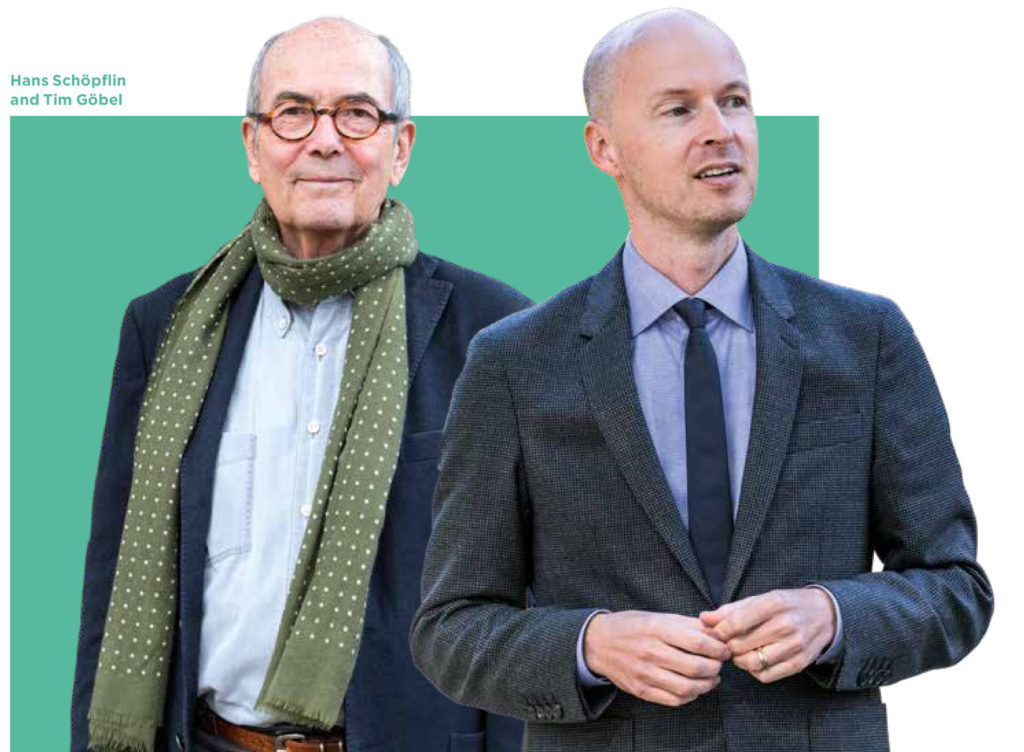
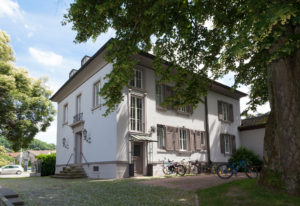

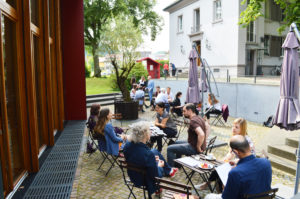

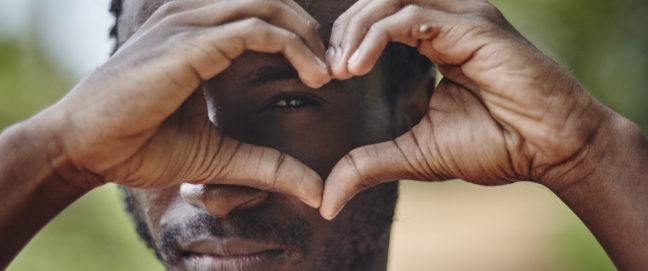
Comments (0)